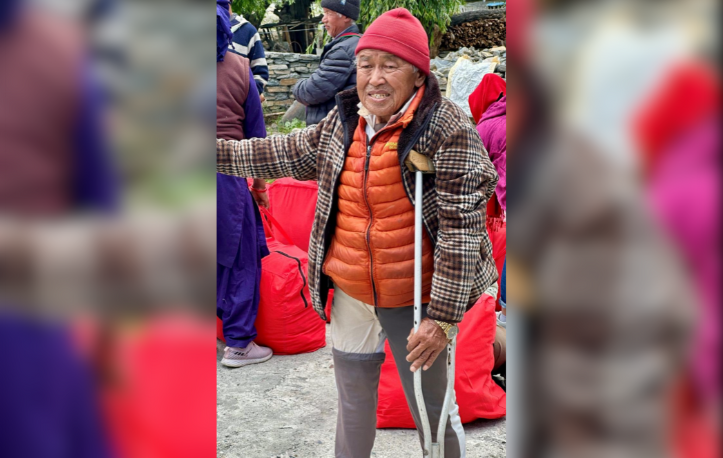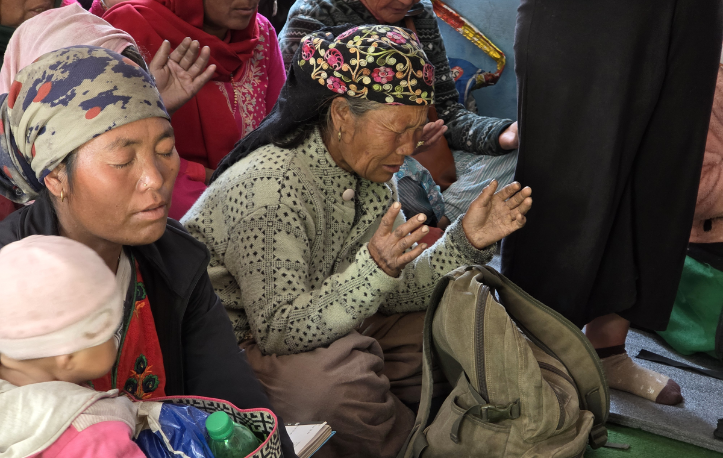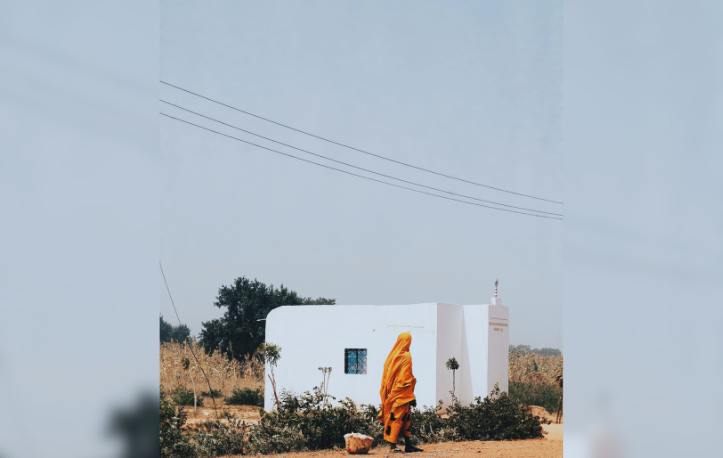7 March 2010
The people of Dogo Nahawa, Nigeria, woke up to the terrifying sound of gunfire one early Sunday morning in March. They soon realised they were under attack as militant Fulani Muslims stormed their village, armed with knives and machetes. The attackers, wearing military gear and concealing their identities, shouted “Allahu Akbar!” as they launched their assault, declaring their intent to destroy the villagers.
Chaos and panic spread as the attackers mercilessly attacked the villagers, who were mainly farmers. Some managed to flee, but many fell into traps set by the assailants in the darkness of the night. Women and children cried out as they were hunted down and brutally killed. The attackers set fire to homes, property, and bodies, leaving devastation in their wake.
Simultaneous attacks occurred in the nearby villages of Ratsat and Zot, resulting in the deaths of around five hundred people, mostly women and children. These villages, predominantly Christian and inhabited by Berom Christians, are located in Plateau state, which sits at the intersection of Nigeria’s Muslim north and Christian south. Tensions between the two communities have often erupted into violence, with clashes between Muslim Fulani herdsmen and Christian farmers.
These attacks, characterised by their brutality and targeting of Christians, bear the hallmarks of Islamic jihad, aimed at wiping out “infidels”. Despite the frequent attacks, perpetrators are rarely apprehended or convicted, leaving grieving communities feeling abandoned by the authorities.
Christians in Nigeria continue to endure persecution, but they remain steadfast in their faith, trusting that their plight is known to God. Plateau state Governor Jonah Jang expressed his faith in God’s awareness of their suffering, affirming the resilience of the Christian community in the face of adversity.




Submit a Prayer